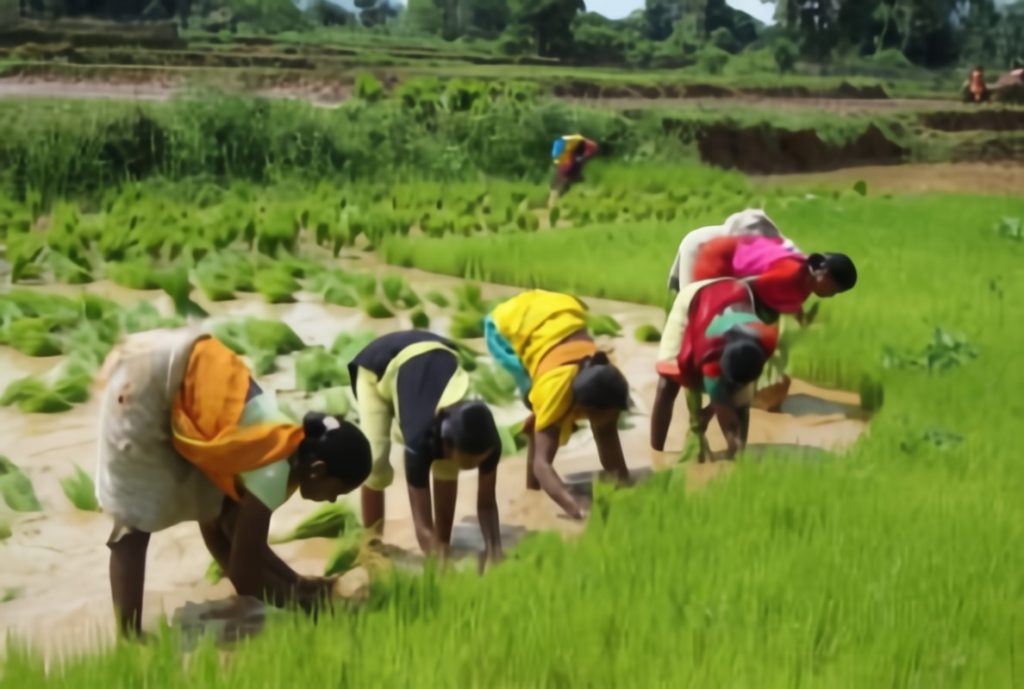New Delhi: In a push for gender equality in India’s agriculture sector, a senior official from Odisha-based Central Institute for Women in Agriculture (CIWA) Wednesday stressed the urgent need for gender-sensitive policies and improved support for women farmers.
Speaking to PTI, Arun Kumar Panda, Head of Division of Gender, Family and Community Studies at CIWA, emphasised the stark disparities faced by women in agriculture. “Compared to men, women are lagging in agriculture — a reality often referred to as a gender issue,” Panda stated.
The official pointed out several key areas where women farmers face significant challenges. In case of land rights, only 13.75 per cent of women have land registered in their names, a direct result of patriarchal family structures. This is impacting their ability to access loans and other resources. They lack access to resources, the official said. He added extension services, crucial for agricultural development, predominantly cater to men, with mere 18-20 per cent reaching women farmers. As far as technology adoption is concerned, women farmers often lag in adopting new technologies due to lack of awareness and limited education, he added.
To address these issues, Panda called for a multi-pronged approach. He said there is a need to prioritise collection and analysis of gender-disaggregated data to inform policy decisions; enhance women’s financial inclusion through improved access to finance, cooperatives, and microcredits; and establish robust monitoring mechanisms to evaluate gender policies effectively. He also called for increase in number of women in extension services, promoting ‘gender-sensitive extension services’. CIWA, the only institute under the Indian Council of Agricultural Research (ICAR) dedicated to women farmers, is at the forefront of developing women-friendly agricultural innovations. The institute has created various tools to reduce drudgery, including a manual hand ridger and a pedal-operated coconut dehusker. Addressing the absence of women in high-level agricultural roles, Panda noted a shift in narrative from women’s development to women-led development. “The time will come, and definitely this problem will also be addressed,” he asserted.
The CIWA official stressed the importance of targeted policies to promote gender equality, calling for increased government investment in female-specific training and skill development programmes. As India strives for agricultural progress, bridging the gender gap emerges as a critical step towards inclusive growth and empowerment of women farmers.
